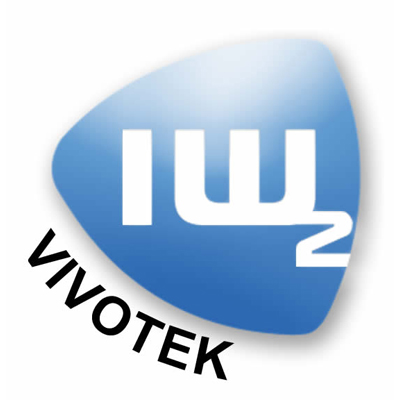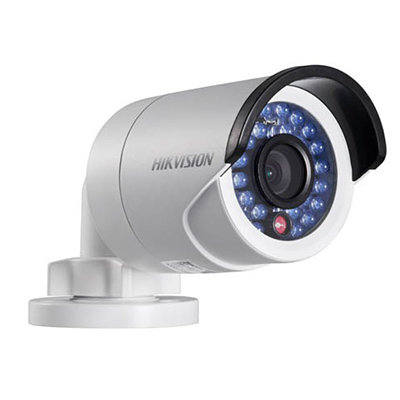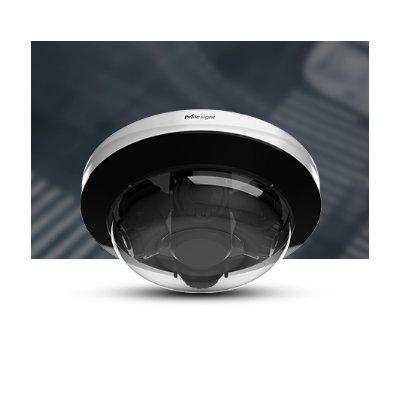HID Global, a worldwide leader in secure identity solutions, recently announced it has made it significantly easier for large government agencies and organisations to provision identities across many different, unconnected access control systems located throughout geographically dispersed operations. The company’s pivCLASS MultiPACS software is designed to streamline and simplify the process of registering Personal Identity Verification (PIV) credentials into multiple, disparate physical access control systems (PACS).
A key element of HID Global’s recently expanded pivCLASS portfolio of FIPS 201-based credential registration and verification solutions, MultiPACS was created for government agencies that commonly operate in numerous buildings in several geographic areas, using many different PACS supplied by multiple vendors. Previously, a cardholder who travelled from a building in Washington, D.C. to a facility in another city would need his or her credential to be separately provisioned at multiple locations, and it would be necessary to physically visit each site for PACS registration before access privileges there would be granted. With MultiPACS, this process can be completed from a single location, and access privileges are immediately granted for all authorised sites, simultaneously.
“Very few government agencies have standardised on one access control system platform, and of those that have implemented a single platform, many of their systems still remain unconnected in the enterprise,” said Geri B. Castaldo, vice president of business development, Federal Identity with HID Global. “MultiPACS enables agencies to provision identities into multiple access control systems simultaneously without cardholders having to visit each site to register their credentials.”
MultiPACS may obtain the cardholders’ information by harvesting the card data using pivCLASS Registration Engine software for desktop computers (or pivCLASS Mobile Registration Engine software for mobile handheld devices), along with the pivCLASS Certificate Manager, which re-validates public key infrastructure (PKI)-based smart card credentials after PACS registration. Alternatively, this process can also be accomplished using a data feed from an Identity Management System or Card Management System using pivCLASS IDPublisher software. MultiPACS then registers the card information, all at once, into each PACS that has been configured in the MultiPACS Console. When a credential is revoked, MultiPACS and the pivCLASS Certificate Manager work together to immediately de-provision and suspend the card across all access control systems.
Currently supporting over 30 physical access control systems, MultiPACS enables government agencies to reduce the amount of time and money it takes to provision credentials across its entire organisation. MultiPACS is an integral component of HID Global’s comprehensive pivCLASS portfolio of credential authentication solutions that enable customers to comply with Homeland Security Presidential Directive-12 (HSPD-12) and FIPS 201 requirements for PIV-enabling a PACS.























